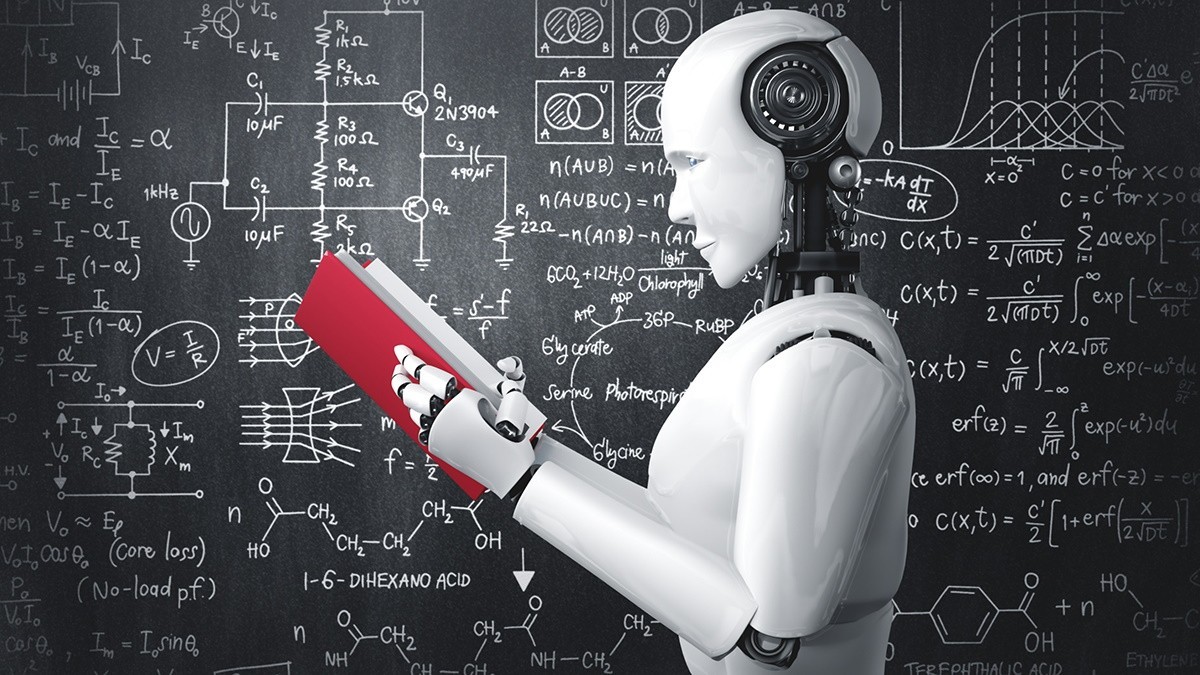The Role of Artificial Intelligence in Personalized Learning: Transforming Education.

Artificial Intelligence (AI) is increasingly playing a transformative role in the field of education, particularly in the realm of personalized learning. Personalized learning focuses on tailoring educational experiences to meet the individual needs, strengths, and interests of each student, allowing for more effective and engaging learning. AI has emerged as a powerful tool in this approach, enabling a more customized and adaptive learning environment. This article explores the role of AI in personalized learning, its benefits, and the potential it holds for reshaping education in the future.
AI-driven technologies are revolutionizing personalized learning by providing real-time insights into student progress, identifying areas of weakness, and adapting content to match each student’s learning pace. Adaptive learning platforms powered by AI use algorithms to assess student performance and adjust lessons accordingly. For example, if a student struggles with a particular concept, the platform can offer additional resources, tutorials, or practice exercises to reinforce understanding. Conversely, if a student excels in a subject, the platform can present more advanced material to keep them challenged and engaged.
The benefits of AI in personalized learning are significant. First, it provides students with an individualized experience that is often difficult to achieve in traditional classroom settings. In large classrooms, teachers may not have the time or resources to cater to the unique needs of each student. AI solves this problem by continuously monitoring student progress and adjusting learning materials in real-time, ensuring that each student receives the appropriate level of challenge.
Furthermore, AI can help identify learning patterns and predict outcomes. Through data analytics, AI can assess a student’s strengths and weaknesses, which allows educators to intervene more effectively. By providing insights into a student’s learning journey, AI helps teachers make data-informed decisions that improve student outcomes. This leads to more effective teaching strategies and, ultimately, better academic performance.
AI also plays a role in reducing administrative tasks for educators. By automating tasks such as grading, AI frees up time for teachers to focus on more personalized interactions with students. This allows for greater flexibility and more dynamic classroom environments. AI-powered tools also offer teachers real-time feedback on student engagement, enabling them to adjust their teaching methods on the fly to meet the needs of the class.
Despite the promising advantages, the integration of AI in personalized learning is not without challenges. One of the primary concerns is the accessibility of AI-powered learning tools. Not all students or schools have access to the technology and infrastructure required to benefit from AI. The digital divide remains a significant barrier, with students in low-income areas potentially being left behind. Additionally, concerns about data privacy and security arise as AI platforms collect large amounts of student data to drive personalized learning experiences. Ensuring the ethical use of AI and protecting student privacy must be a priority for developers and educational institutions alike.
The future of AI in personalized learning holds immense potential. As AI continues to evolve, it is likely that the technology will become even more sophisticated, offering increasingly accurate predictions and more tailored learning experiences. Virtual tutors and AI-driven simulations could further enhance learning by providing immersive, hands-on experiences for students. Moreover, AI could play a critical role in identifying and supporting students with special educational needs, ensuring that every learner receives the appropriate accommodations and support.
In conclusion, AI is a powerful tool in the ongoing transformation of education. By enabling personalized learning experiences that are adaptive, engaging, and data-driven, AI can help meet the diverse needs of students and improve learning outcomes. However, it is essential that AI tools are implemented thoughtfully and equitably, ensuring that all students have access to the benefits of personalized education. With the right approach, AI can unlock new possibilities in education, making learning more accessible and tailored to the individual.










